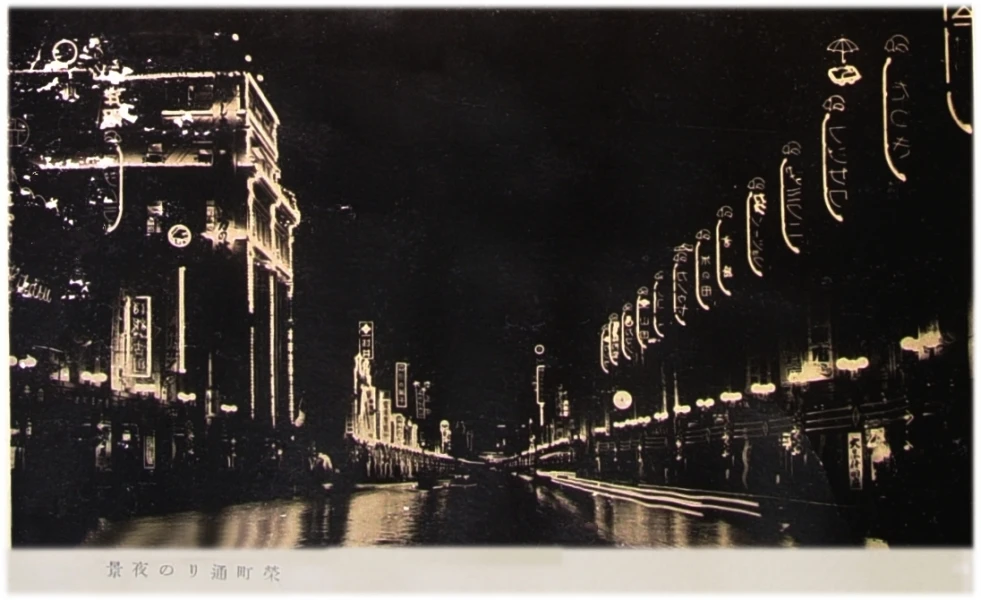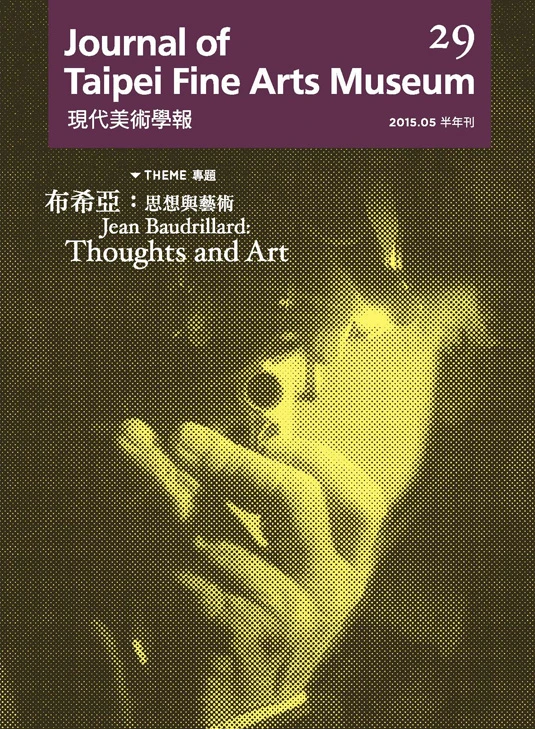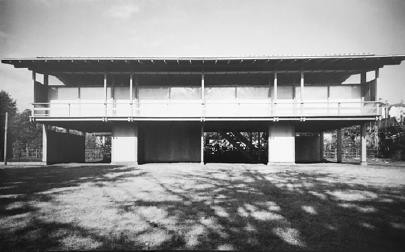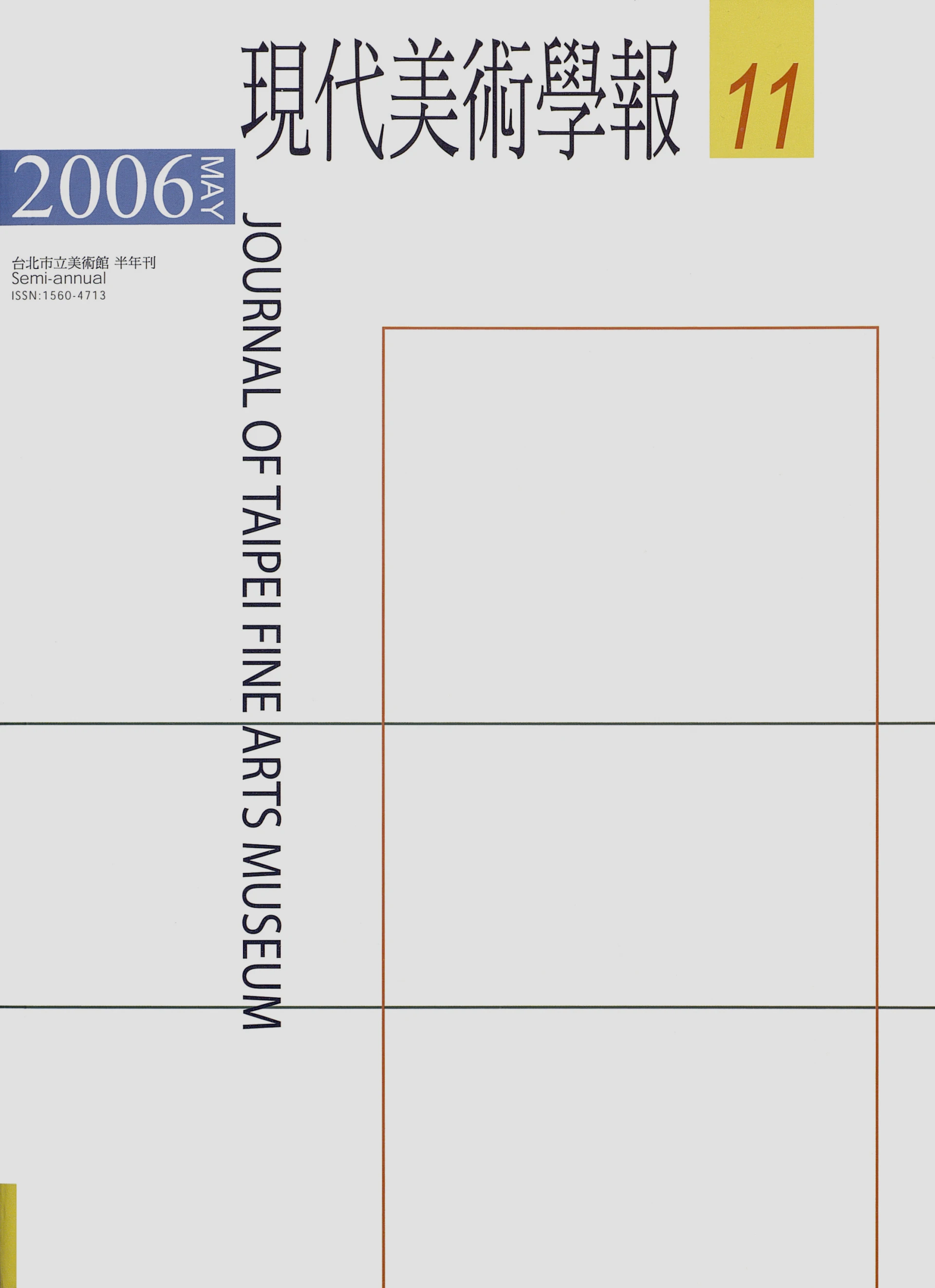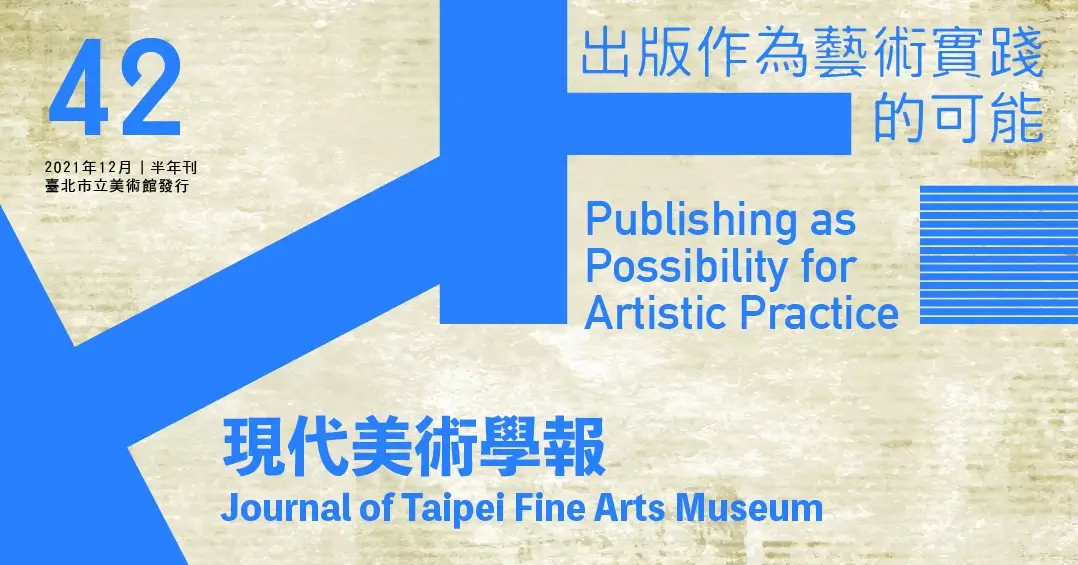摘要
蔡明亮在〈不散〉(2003)裡藉由一個垂掛於半空、顯得極端側面、大小不成比例,且幾乎呈現歪形的電影銀幕之部署,創置了一種造形展示的純音像時刻。這使得此部普遍被視為哀悼電影之死的影片,不僅具超脫懷舊與致敬的向度,更透過一種「展覽電影」的型態重新省思了桑塔格曾在〈電影百年回眸〉中宣告的「如果電影迷戀死亡了,電影也就死亡了」的末日意涵。換言之,自〈不散〉以降,遊走於電影與當代藝術領域的蔡明亮,在後——媒介(post-medium)紀年中持續而有意識地觸及電影之死的變奏性命題,譬如從兩種版本的〈是夢〉(2007)(坎城影展的三分種短片、威尼斯雙年展的複合裝置藝術)、影像裝置〈情色空間Ⅱ〉(2007)、〈河上的月光〉(2010)到〈鍋爐裡的劇場〉(2011),其貢獻既是擴延與生成嶄新的電影生命,更開啟了當代華語電影有關非/藝術性與跨媒體性議題的另一種影像未來。
關鍵詞
蔡明亮、電影迷戀、電影之死、造形展示、後—媒介、影像裝置、非/藝術性
Abstract
In Goodbye, Dragon Inn (2003), Tsai Ming-liang concocted a purely audiovisual moment of plasticity-monstration by means of a screen, which is suspended and shown from extreme angles, out of proportion, and even distorted. The film, often considered to be an elegy bemoaning the death of cinema, is thus endowed with other dimensions than merely nostalgia or homage. Using this method of "exhibiting the cinema," it thus reconsiders the apocalyptic message proposed by Susan Sontag in her essay "A Century of Cinema:""If cinephilia is dead, then the movies are dead too." In other words, after Goodbye, Dragon Inn, Tsai Ming-liang, whose identity oscillates constantly between that of a filmmaker and that of a contemporary artist, continues consciously to explore the various issues concerning the death of cinema in the postmedium age. For example, from his two versions of It's a Dream (2007) (both a threeminute short film at the Cannes Film Festival and an installation work at the Venice Biennale) to his film installations Erotic Space II (2007), Moonlight on the River (2010), and to The Theater in the Boiler Room (2011), his contributions grow to offer new life to the art of film and also opens up issues such as"non/artisticity" and "crossmediality" in contemporary Chinese-language film studies.
Keywords
Tsai Ming-liang, cinephilia, the death of cinema, plasticity-monstration, post-medium, film installation, non/artisticity


